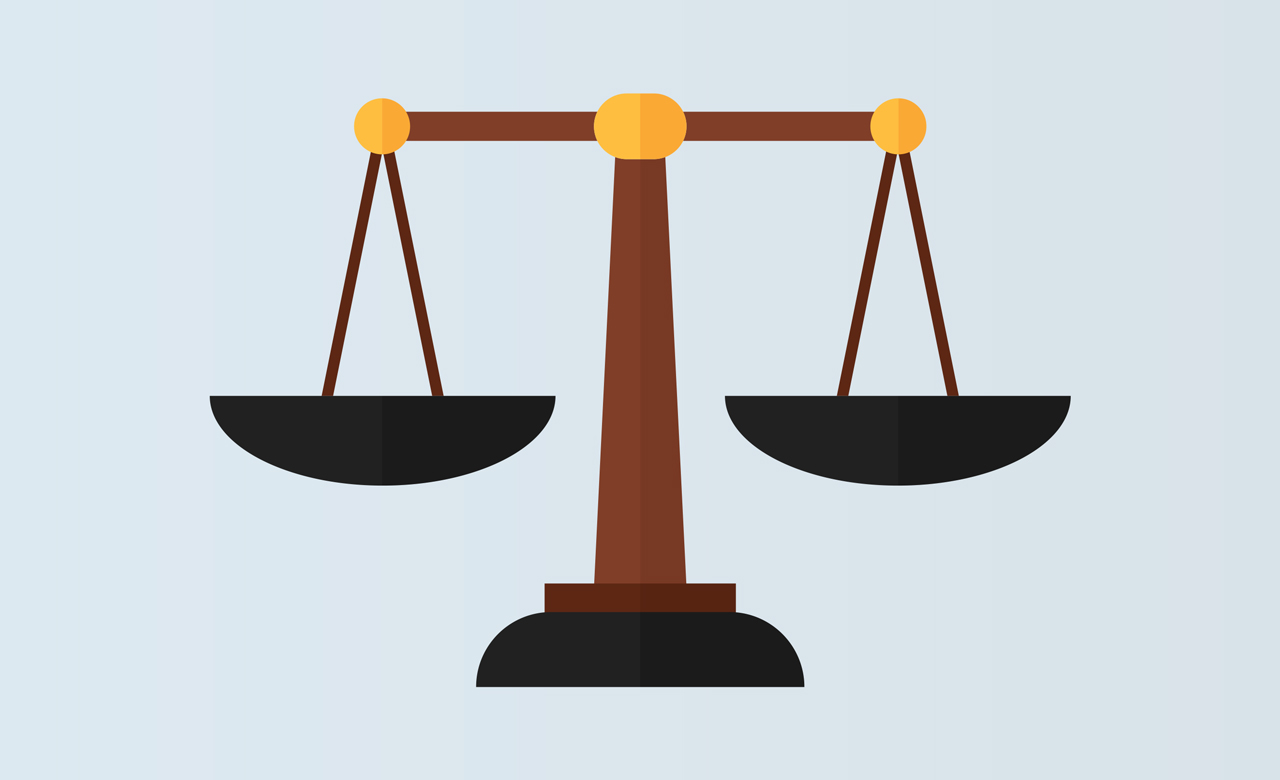David B. Brushwood, BSPharm, JD

Pharmacy technicians may be held liable for malpractice when they breach their duty to patients. A legal case illustrates how miscommunication and a distrustful perspective can serve as the basis for malpractice liability of a pharmacy technician.
Background
The defendant technician arrived at work one morning and discovered a note that had been left by a technician who worked the previous evening.
The note said that a refill for a controlled substance had been called in for a patient by a physician who was not listed as the prescriber of the original prescription. The evening technician requested that the defendant technician clarify the identity of the prescriber who had authorized the refill.
Before the technician could follow up on this request, the patient called the pharmacy to ask whether her prescription was ready, and the technician told the patient that “she didn’t have a prescription there for her to pick up.”
The defendant technician contacted the office of the physician who supposedly had authorized the refill.
A person at this physician’s office told the technician that the physician had not authorized the refill, and that the patient “had been calling prescriptions all over town.” That person insisted that the technician call the police and report the patient.
What the defendant technician did not realize was that the evening technician had misunderstood the name of the physician who called in the refill authorization.
That physician was covering for the original prescriber, who was out on maternity leave. There was a perfectly legitimate explanation.
The defendant technician called the police and told them that “given the totality of the circumstances, the patient was suspected of calling in fraudulent prescriptions.”
The technician was instructed to call the patient and tell the patient that the prescription was ready. The patient went to the pharmacy to pick up her medication, and a police officer was waiting for her.
The officer asked the technician for the telephone number of the original prescriber, and the technician provided it. The officer asked his dispatcher to call the number, but the dispatcher “inadvertently dialed the wrong number and heard that the number had been disconnected.”
The officer arrested the patient, who was booked into jail, where she spent 24 hours. Eventually the mix-up in physician names was resolved, and the patient was released. She sued the pharmacy technician for false arrest. The technician moved the court for dismissal of the case.
Rationale
The court referred to both the technician’s untruthful call to the patient and her allegation of fraud that she communicated to the police.
The court concluded that these facts could support liability of the pharmacy technician for false arrest of the patient.
The court refused to dismiss the case. Subsequent legal filings indicate that the case was settled out of court.
Lessons from this case
Several important liability reduction lessons can be learned from this case:
- Trust your patient, particularly when there is an existing relationship. Don’t jump to quick conclusions, even when your suspicions are aroused.
- Talk with the patient. The patient may not know exactly what has caused your confusion, but the patient’s description of the situation may lead to a resolution.
- Don’t lie to the patient. If there are questions that still need to be answered before a prescription can be filled, then tell the patient. Don’t set a trap for the patient by saying that a prescription is ready when it isn’t.
- Think critically about what others say. If a patient has really been “calling prescriptions all over town,” and a physi-cian’s office has not yet contacted the police, then the situation is probably not that dire.
- Let the physician’s office call the police if they think that is necessary. You don’t need to be their flunky.
- When you talk with the police, be objective and nonjudgmental. Let the police do their independent evaluation of the situation.